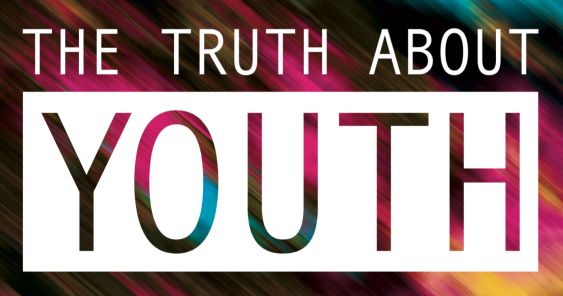87% of UK youth have no wish to be a Hipster
32 is average age it’s acceptable to live at home with parents
Google is the brand youth most wants to “hang out with”
Sponsor
The Hipster movement is on its way out, with 87% of the UK youth population claiming that they have no aspiration to be identified as part of the group. Although 62% are always looking for the next cool thing, only 6% think of themselves as hipsters.
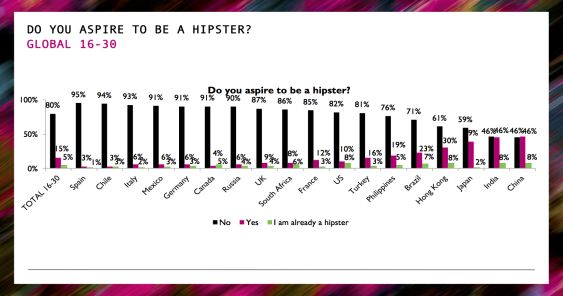
This finding, uncovered in the “Truth About Youth” survey from McCann Worldgroup, was part of a wider concern among young people not to be identified as part of a particular tribe.
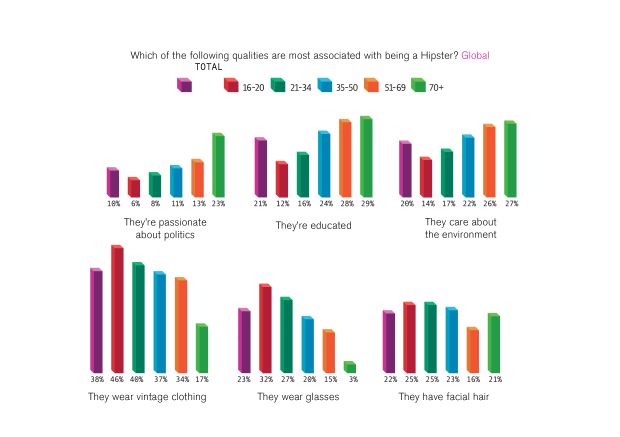
The resistance to Hipsters, closely associated by those under 30 with an aesthetic involving vintage clothing and facial hair, raises questions for brands about how relevant it is today to talk about “youth culture” in a generalised way, when smaller, interest-led, communities are increasing in number.
The “Truth About Youth” research also highlights that the youth of today are no longer “Digital Natives” but “Accessibility Natives”, wanting to reach people, places, ideas, and brands anywhere at any time.
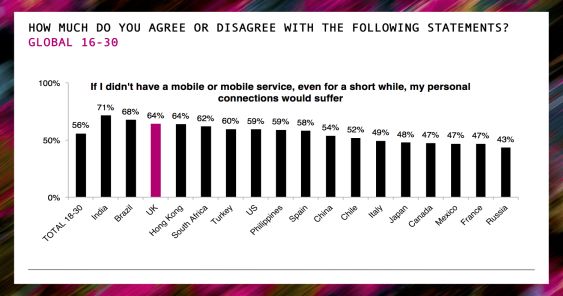
This progression is more noticeable in the UK than in the majority of other markets, with 64% of 16-30-year-olds saying that their personal connections would suffer with any loss, however small, of a mobile service, compared to a global average of 56%. At the same time, the survey reveals that a significant minority of those in their late teens and early 20s yearn for a world without technology.
The “Truth About Youth” study was conducted by McCann Truth Central, McCann Worldgroup’s global intelligence unit. The large-scale study surveyed more than 33,000 people of all ages in 18 countries, including the UK. The study included 11,000 Generation Z and Millennial interviews with people between the ages of 16 and 30.
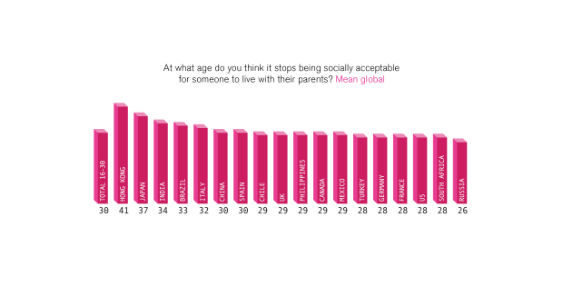
The research showed that 32 is the average age young people in the UK view as acceptable to still live at home with their parents, on a par with the global figure. This demonstrates the extent of the phenomenon of “adulting”, adulthood becoming a fluid state with less of a focus on key traditional milestones such as buying a first car or getting married.
In terms of brands that appeal to young people, Google is cited by 27% of the UK youth as the brand they’d prefer to “hang out with” if it were to come alive as a person. Amazon, 23%, and Disney, 22%, complete the UK top three, ahead of Red Bull, Starbucks, and Facebook.
Globally, Apple is the most admired brand, followed by Google and Amazon. Young people in the survey believe that Google, Microsoft and Apple have made the most positive difference to the world. While Google and Microsoft are ranked as the two brands making the most positive difference to the world, Apple has seen the largest increase over the last five years.
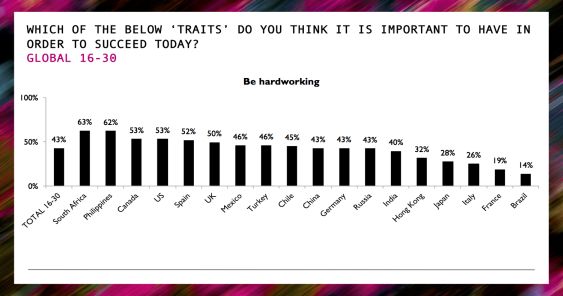
The research also contains insights for brands in terms of youth’s attitudes to achieving success in the workplace, “Honesty” becoming less of an important value when compared with “hardworking”. Just 26% of Generation Z feel “honesty” is an important trait to have in order to succeed today, compared to 53% of 70+ year olds. Meanwhile, 50% cite “hardworking” as an important trait.
Theo Izzard-Brown Head of Strategy at McCann London said: “Our ‘Truth About Youth’ study offers us a tantalising glimpse into a business critical yet much maligned audience cohort – the Millennial. Their tribes are atomising, they’re valuing hard work over honesty, and as the rise of ‘adulting’ reveals the extent to which they feel it necessary to reinvent once traditional benchmarks for success. All of which have fundamental implications for brands as young people’s lives become much more fluid than those of the generations that preceded them.”

